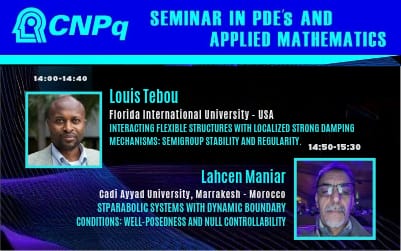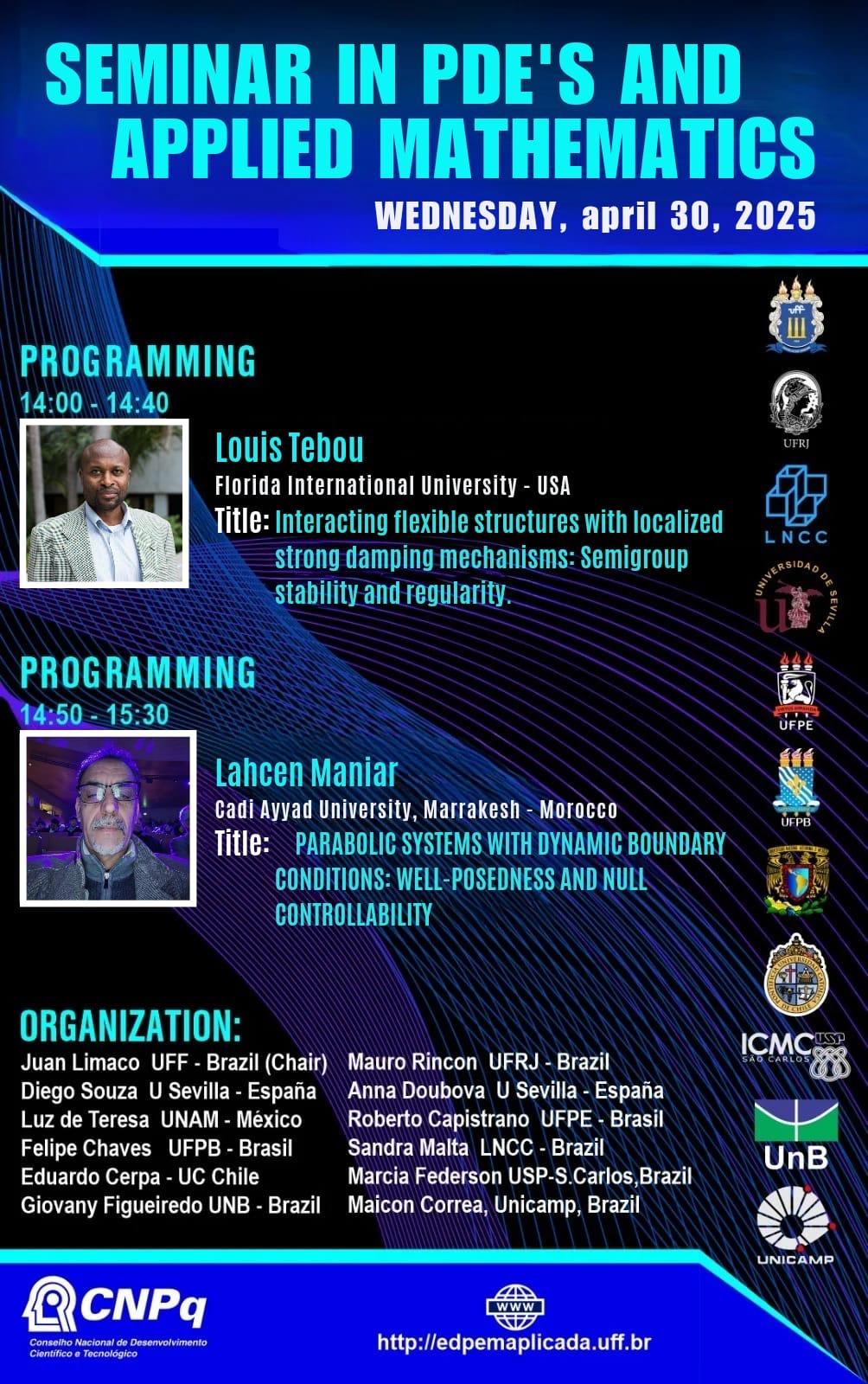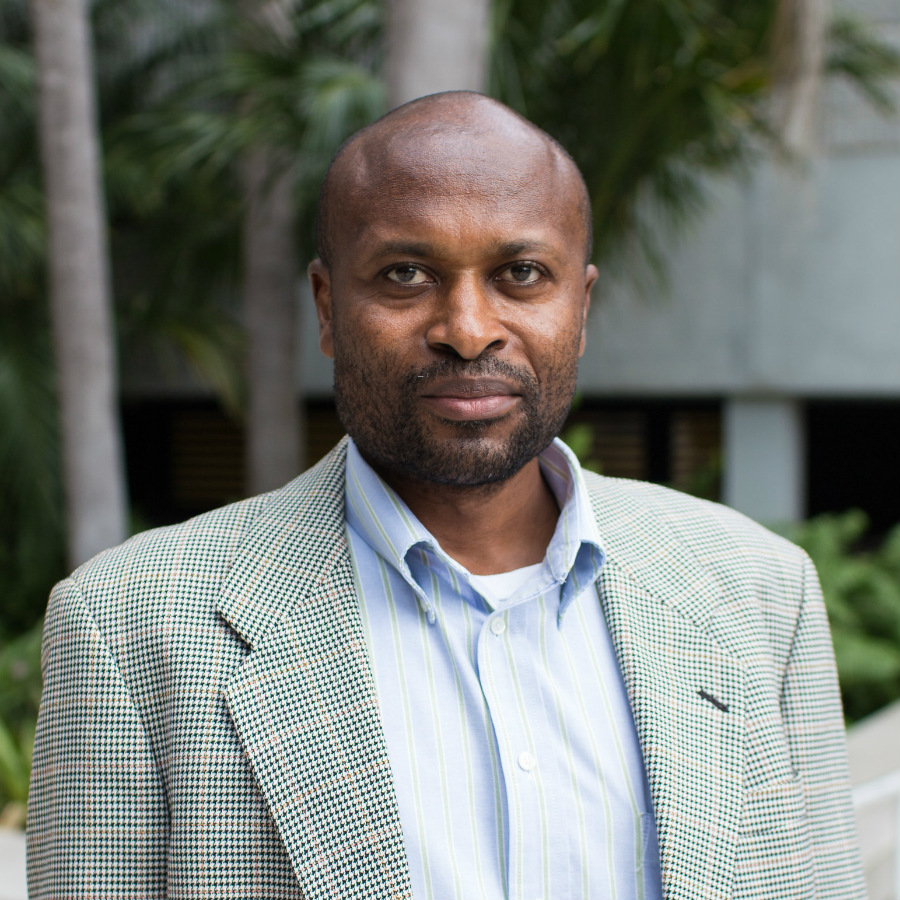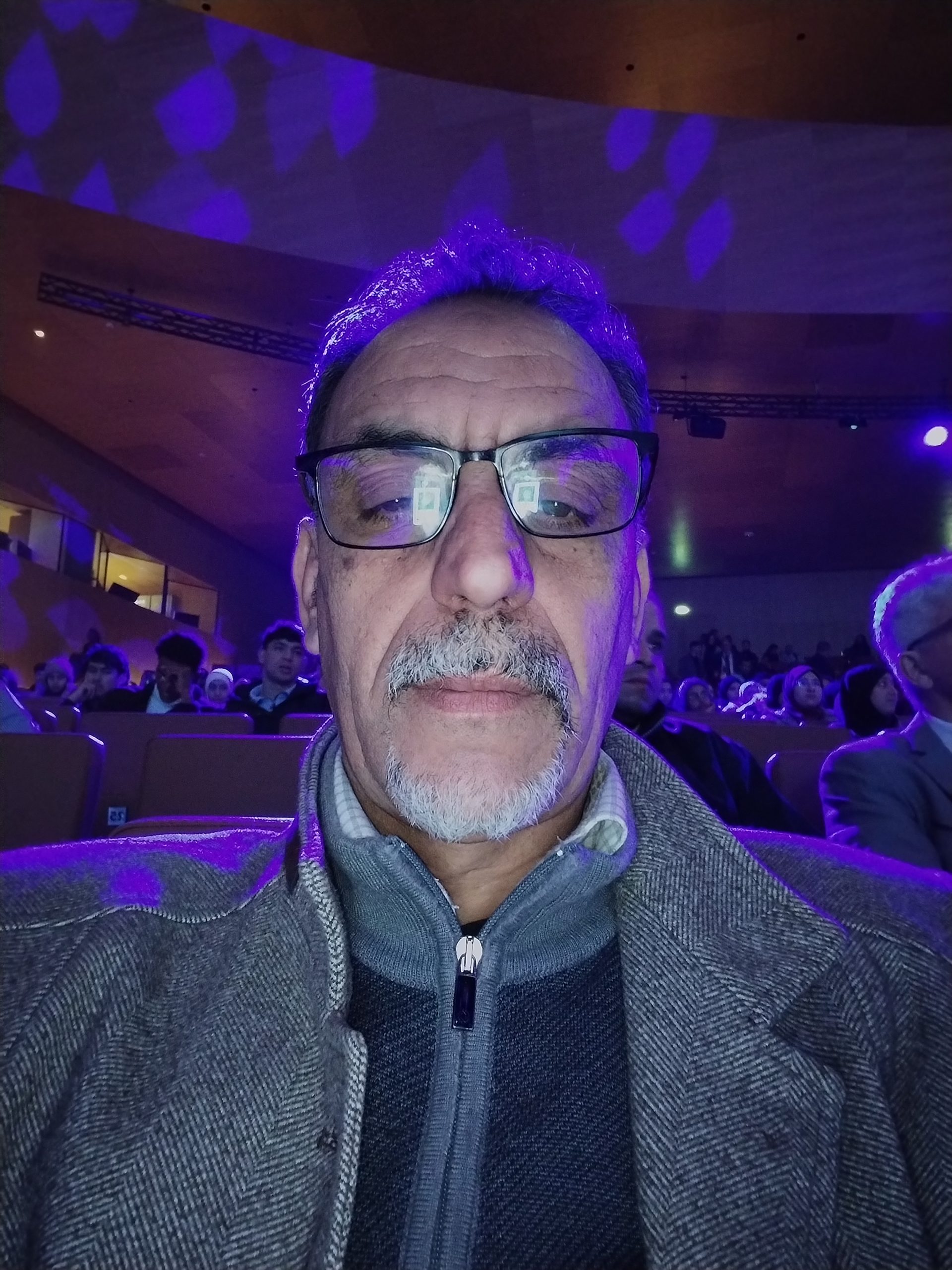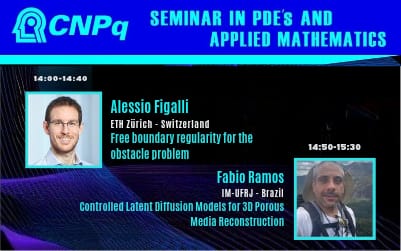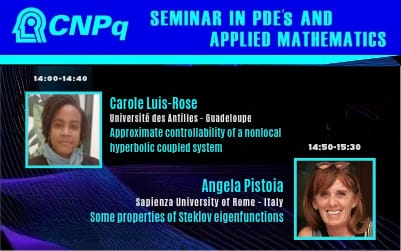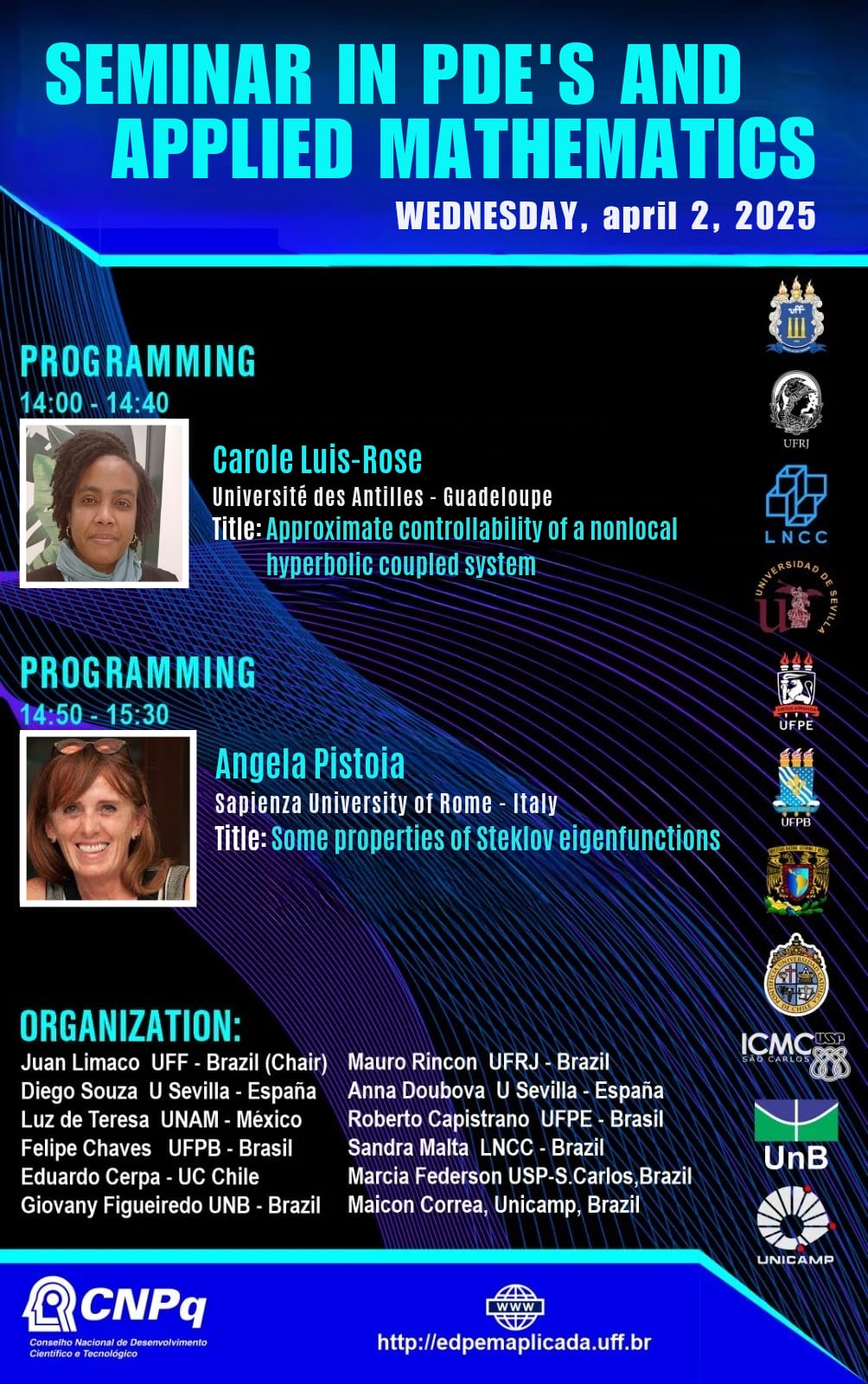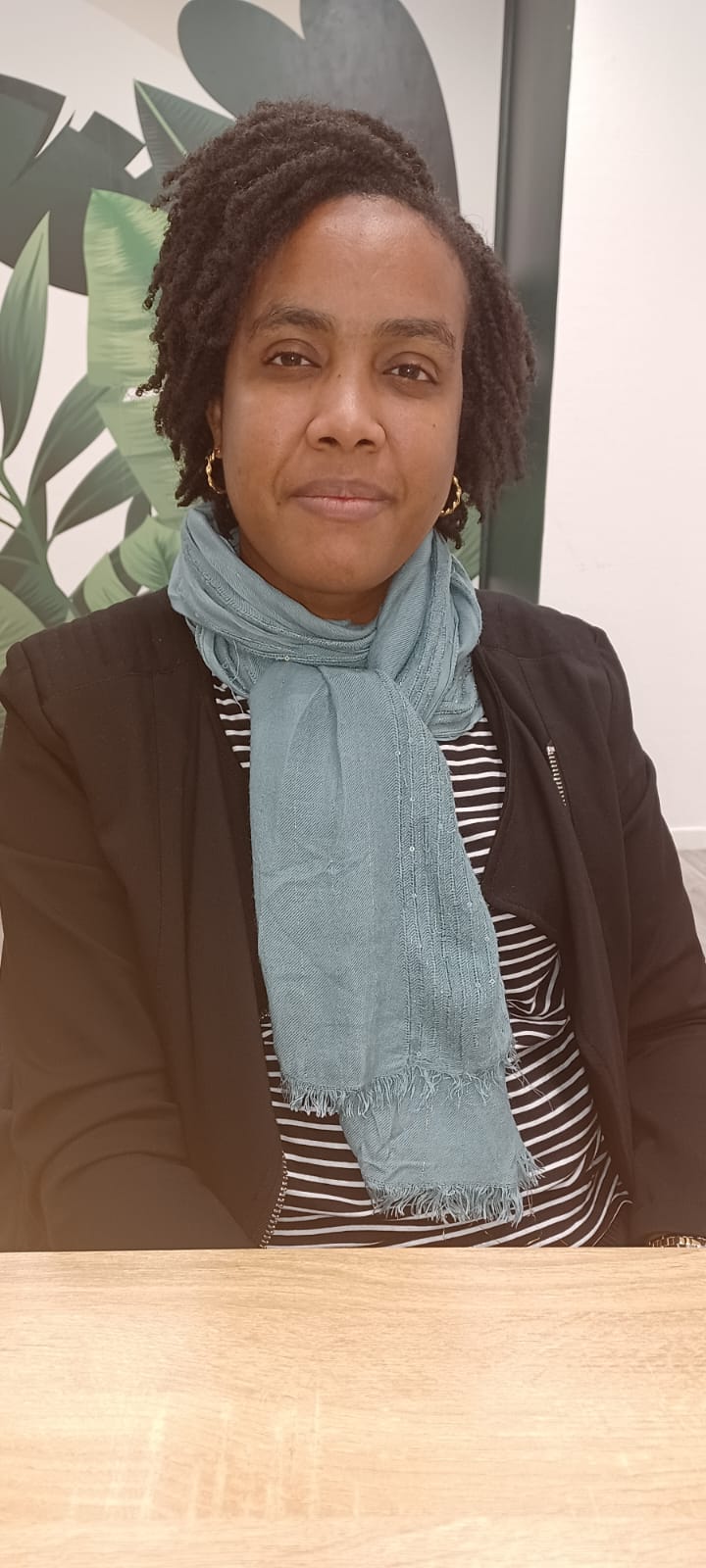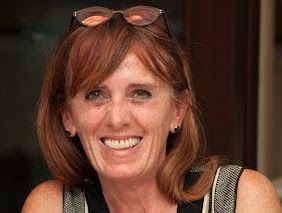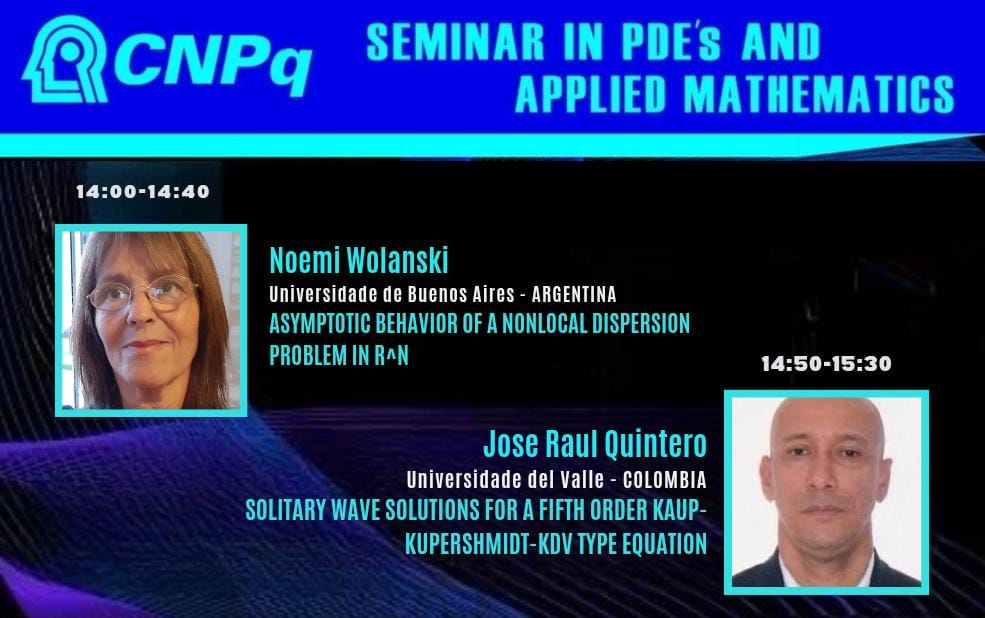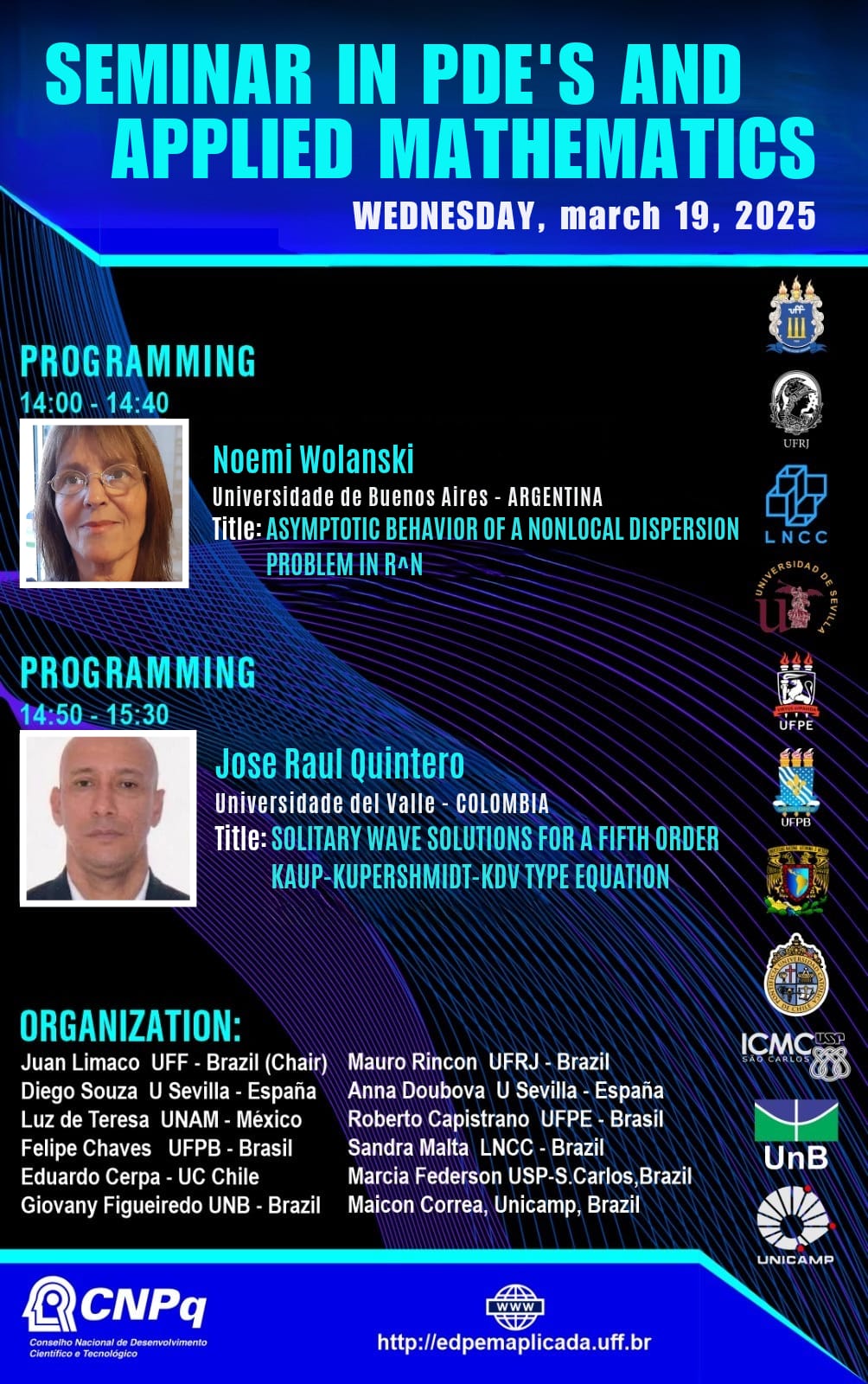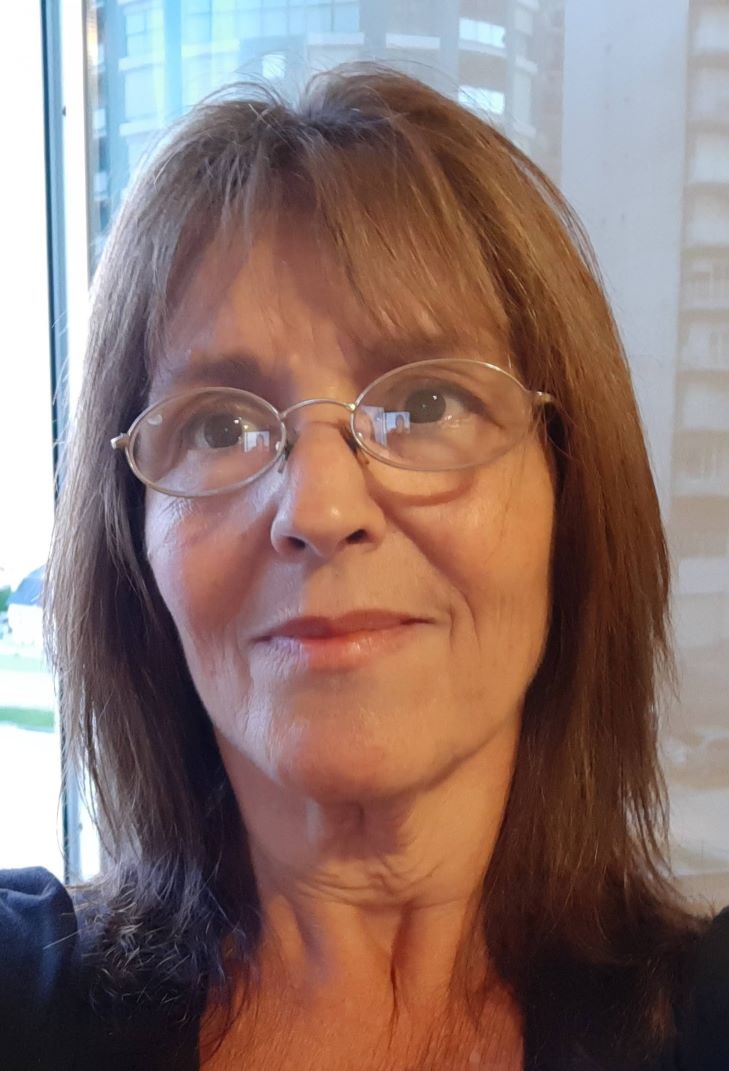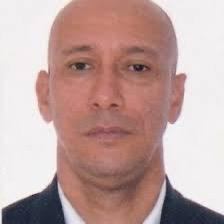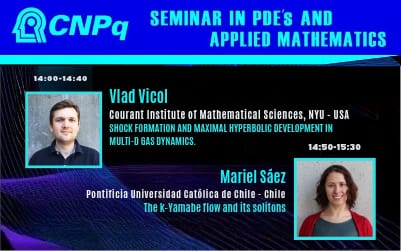
Seminar May 14, 2025
Seminar in EDP and Applied Mathematics
May 14 , 2025 – 14h (Brazil)
Streaming: Youtube Channel | SEMINARIO DE EDP E MATEMATICA APLICADA
Event
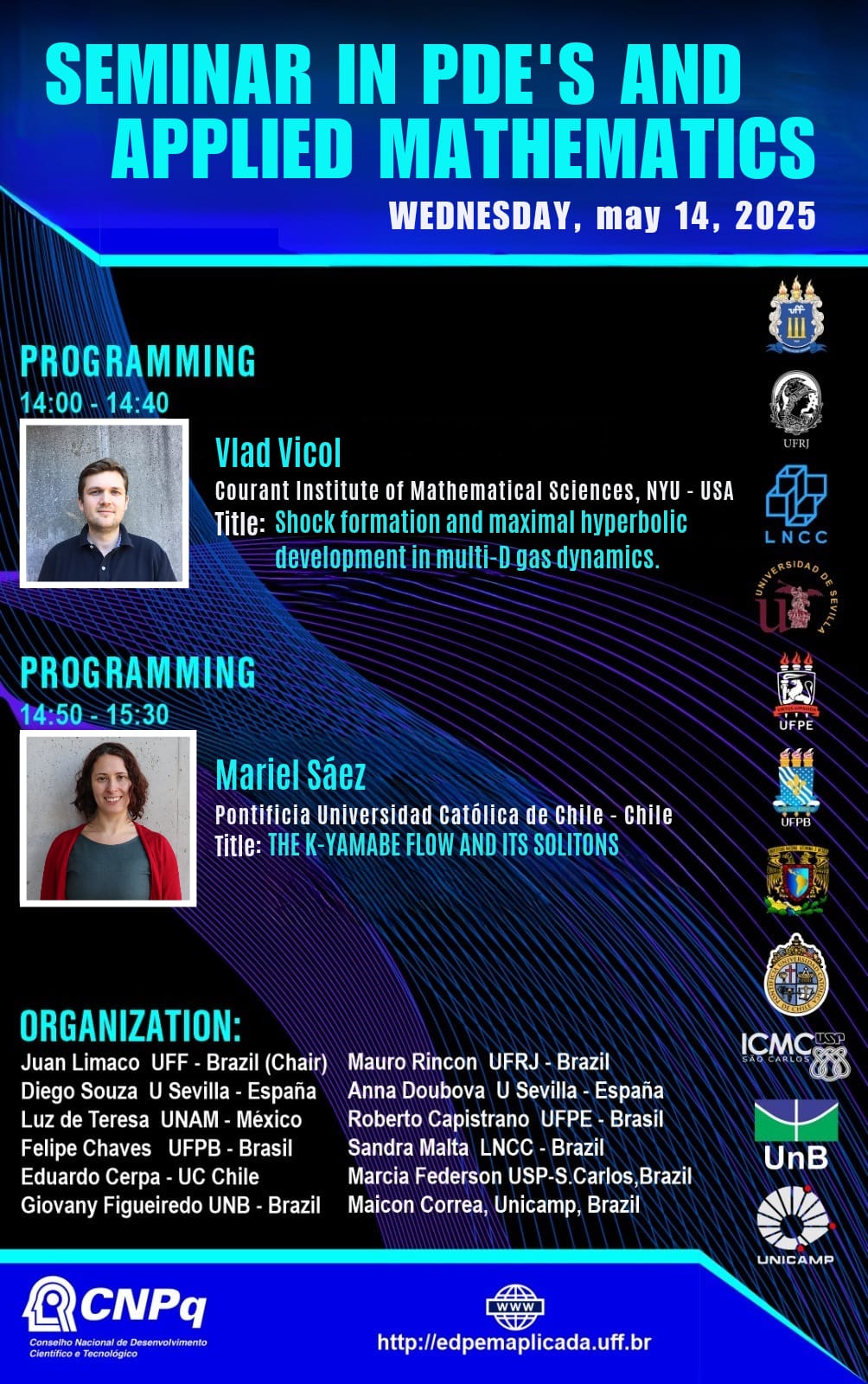
About Seminars
Our Online Seminar is one of the most important events in Brazil, it has been held since August 2020, every Wednesday at 2 pm, Brasília time, with a frequency of 14 days. Two 40-minute lectures are presented in each session. Our speakers are world-renowned mathematicians from Europe, the United States and South America.
Featured Talks & Speakers
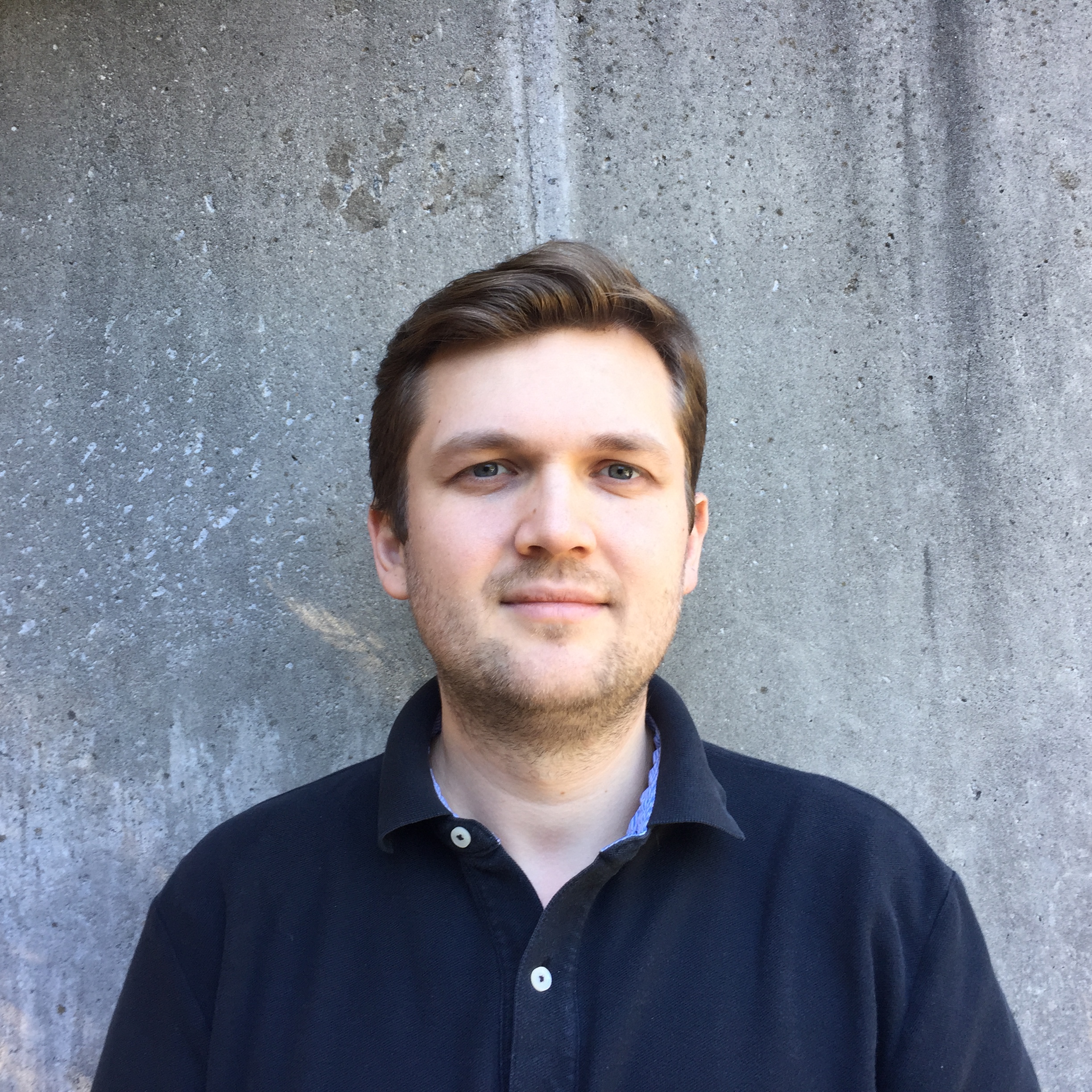
Vlad Vicol
Courant institute of Mathematical Sciences,NYU-USA
14:00h – 14:40h
Shock formation and maximal hyperbolic development in multi-D gas dynamics.
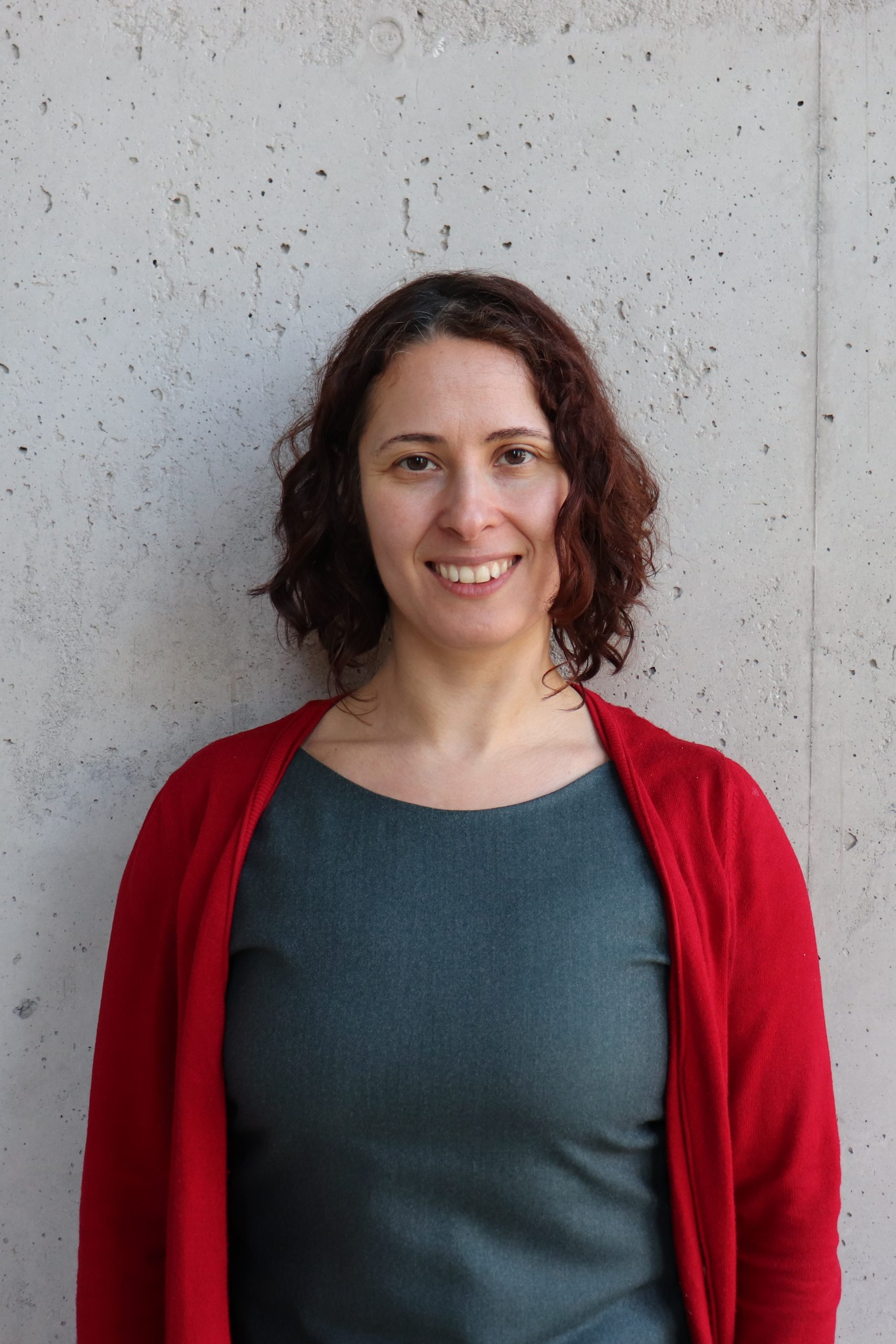
Mariel Sáez
Pontificia Universidad Católica de Chile.
14:50h – 15:30h
The k-Yamabe flow and its solitons.
The Yamabe problem is a classical question in conformal geometry that has promoted a fruitful interaction between geometry and analysis. In this talk I will briefly introduce this problem and a fully-nonlinear extension of it, known as the k-Yamabe problem. I will finish the talk by discussing recent results obtained with Maria Fernanda Espinal related to the classification of soliton solutions to this equation.
About Organization
Juan Limaco -UFF-Coordenador
Mauro Rincon – UFRJ – Brazil
Anna Doubova-U.Sevilla-Spain
Luz de Teresa-UNAM Mexico
Diego Souza – U Sevilla -Spain
Felipe Chaves-UFPB-Brazil
Roberto Capistrano – UFPE Brazil
Sandra Malta – LNCC – Brazil
Eduardo Cerpa – U.C – Chile
Giovani Figueiredo – UNB – Brazil
Marcia Federson USP,San Carlos –Brazil;
Maicon Correa – UNICAMP- Brazil
Our Partners
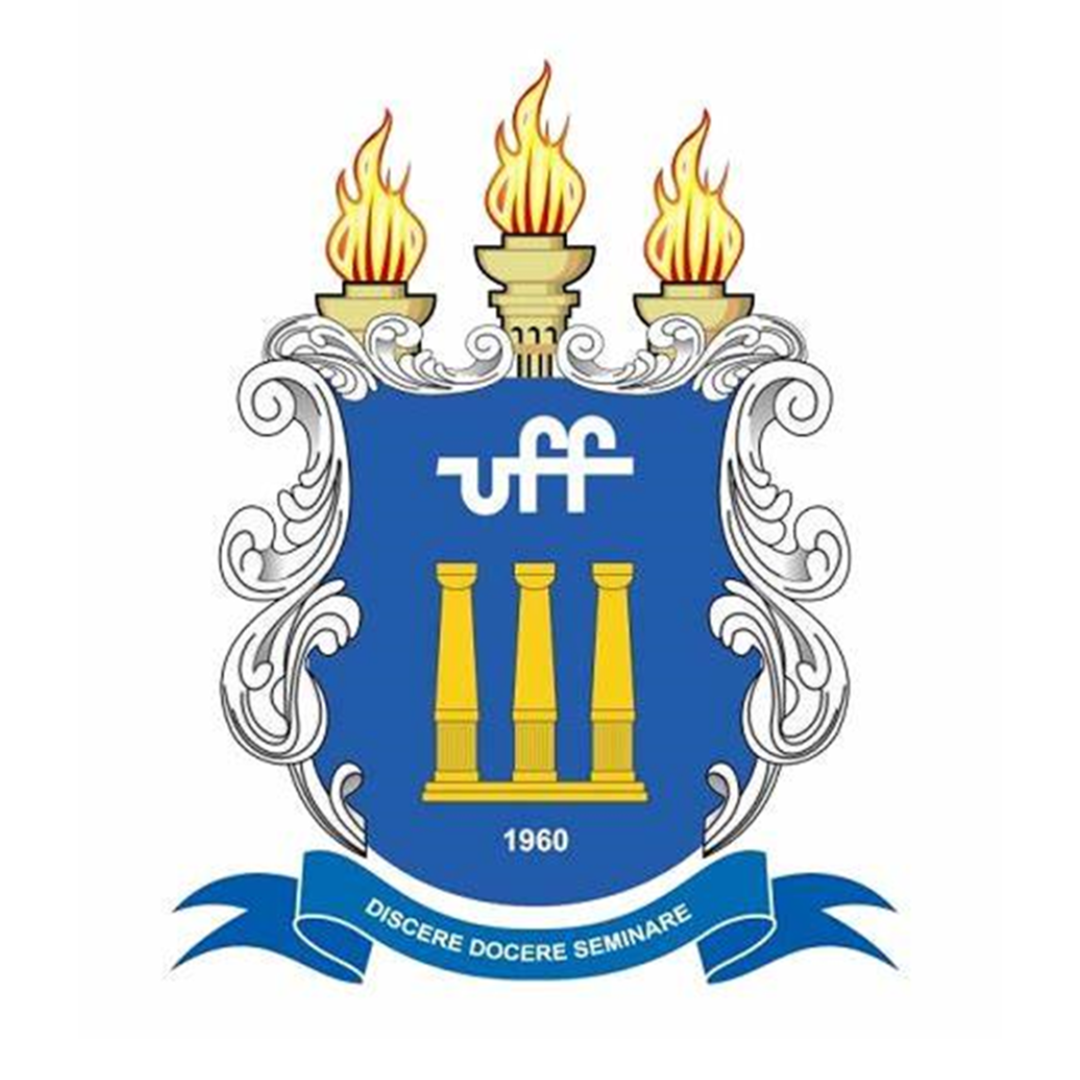
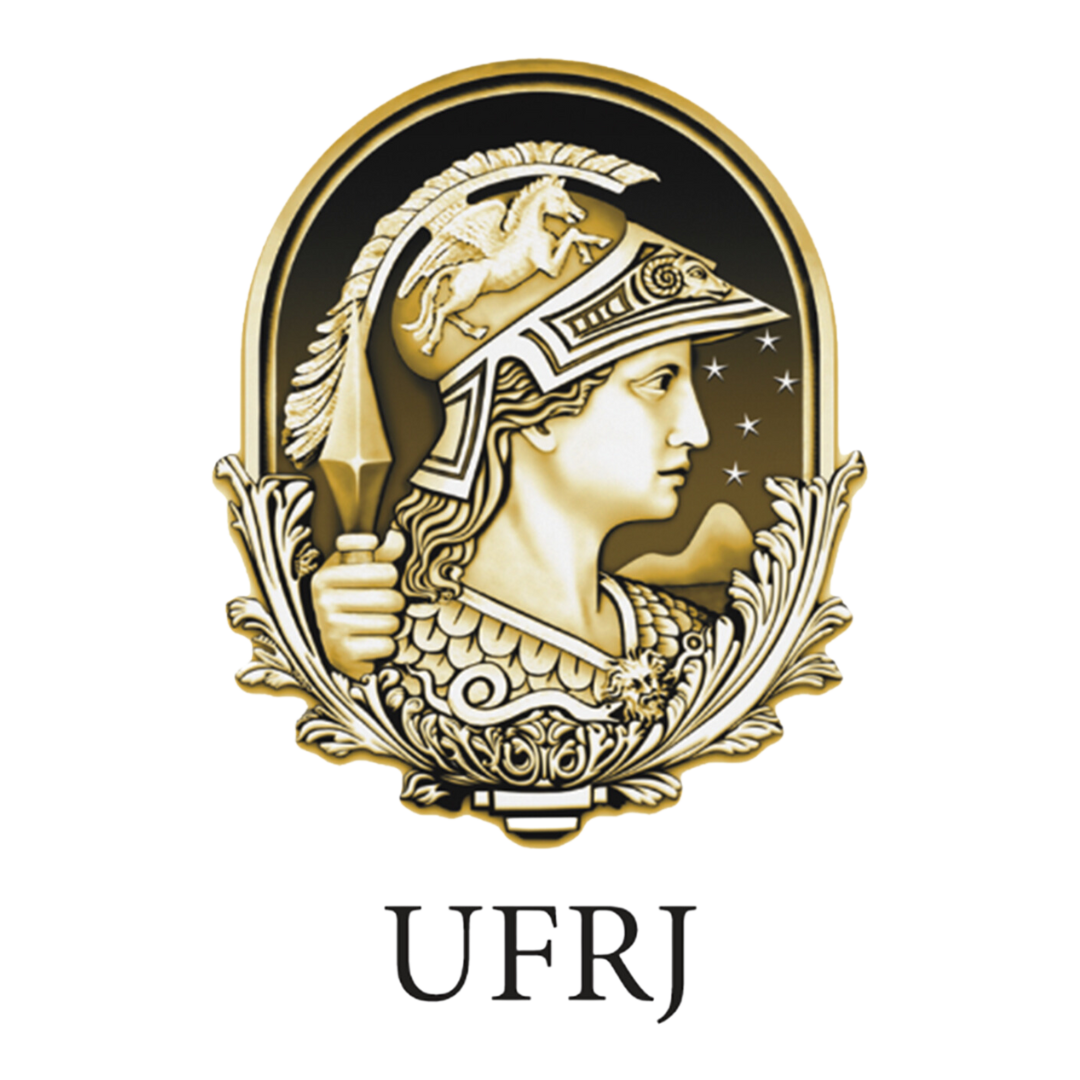
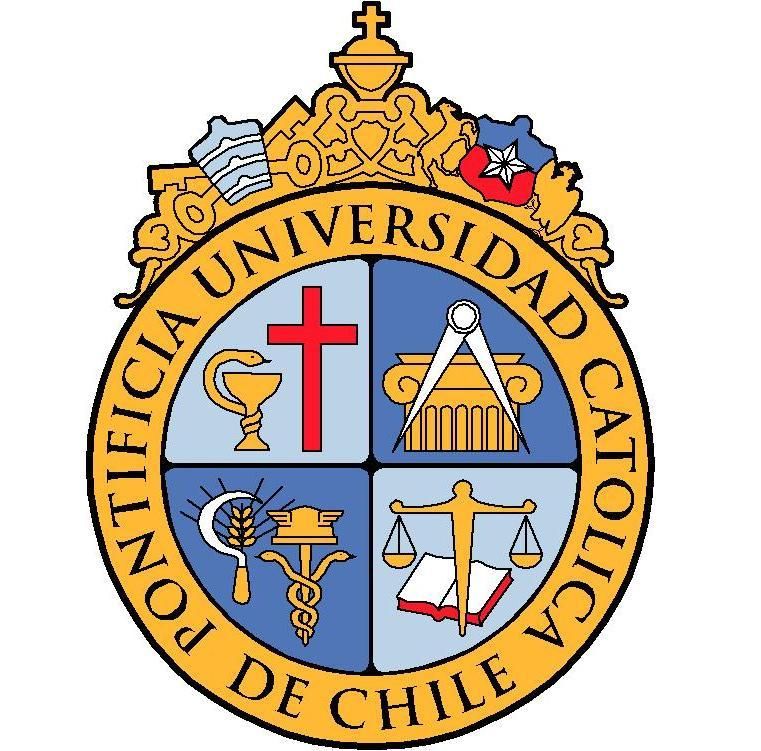
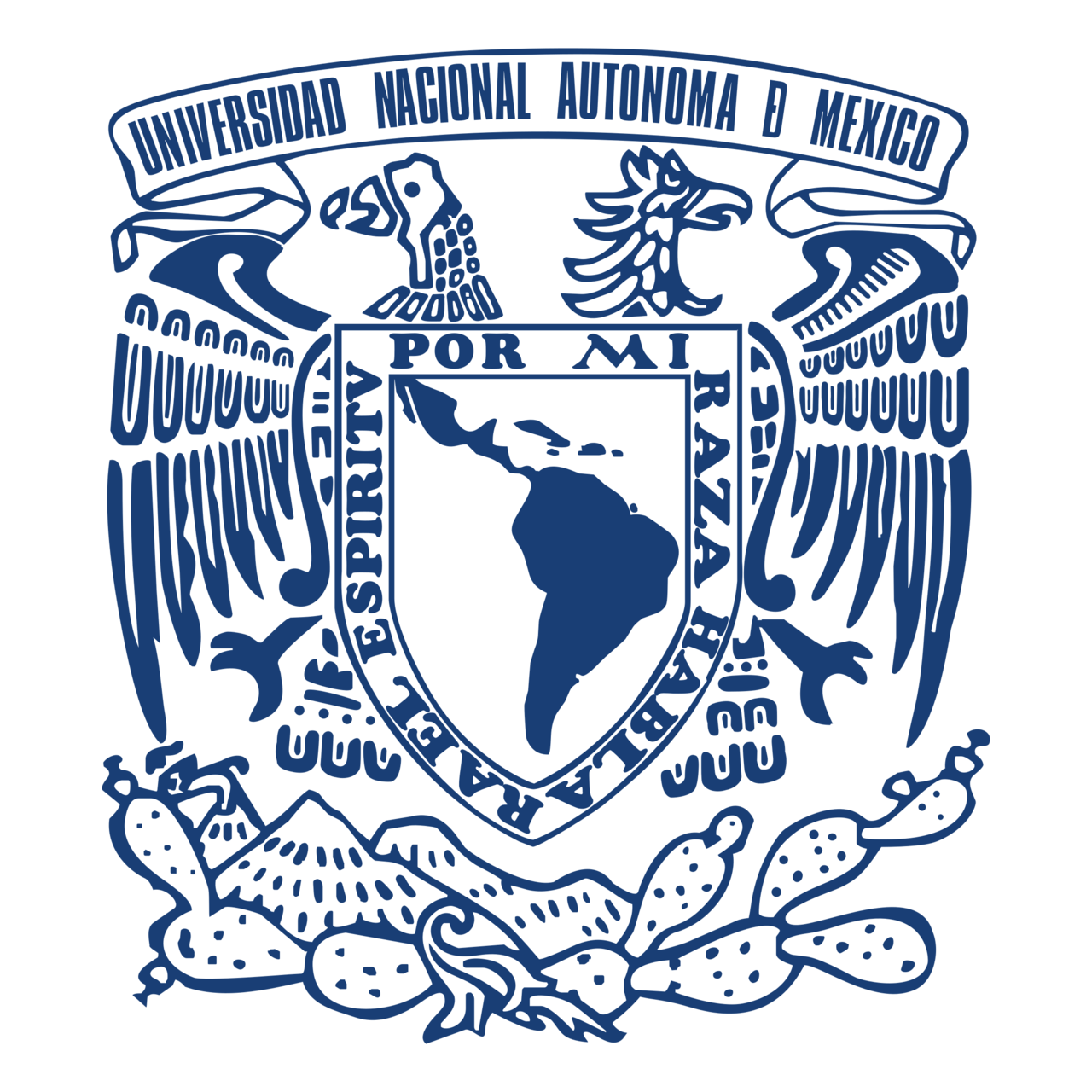
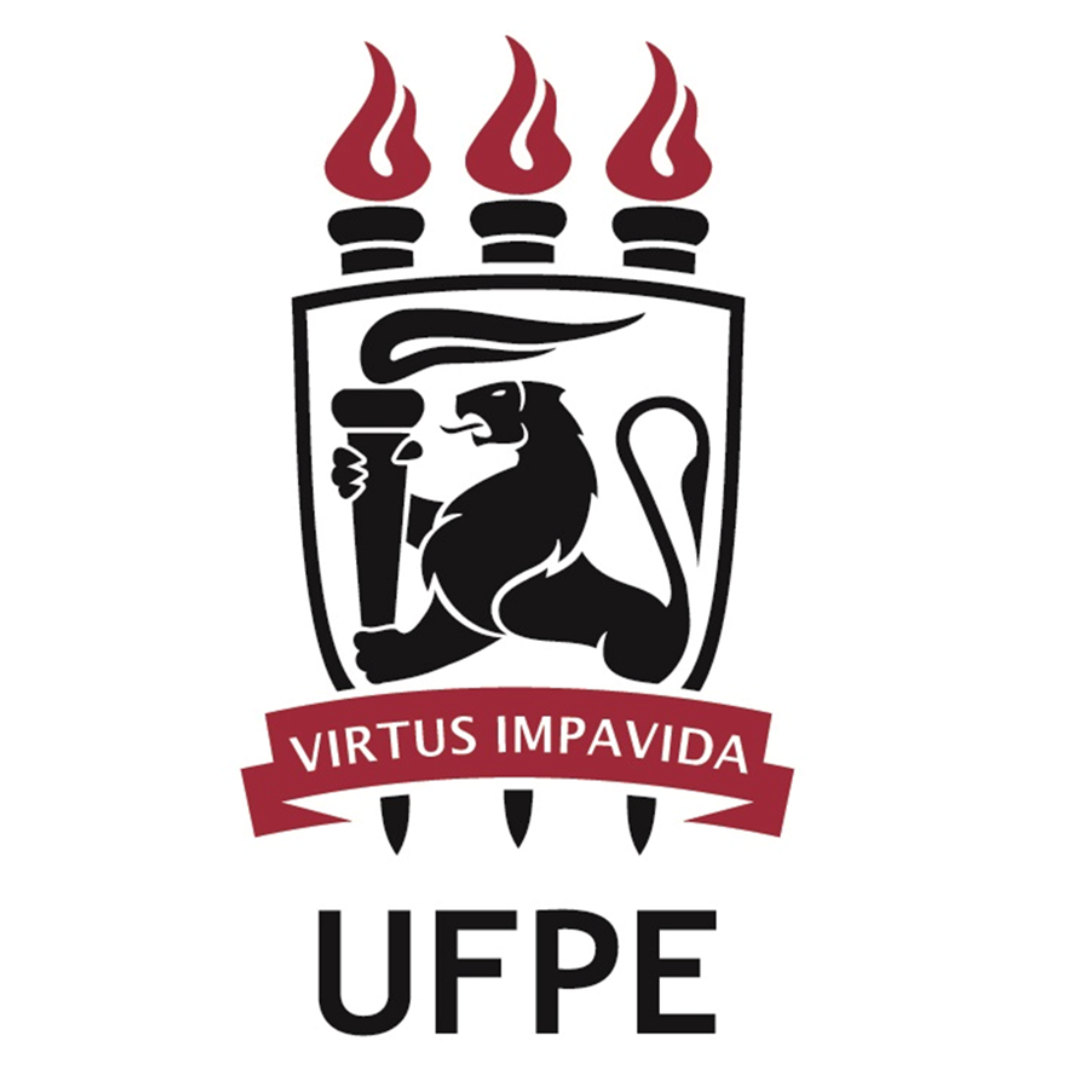
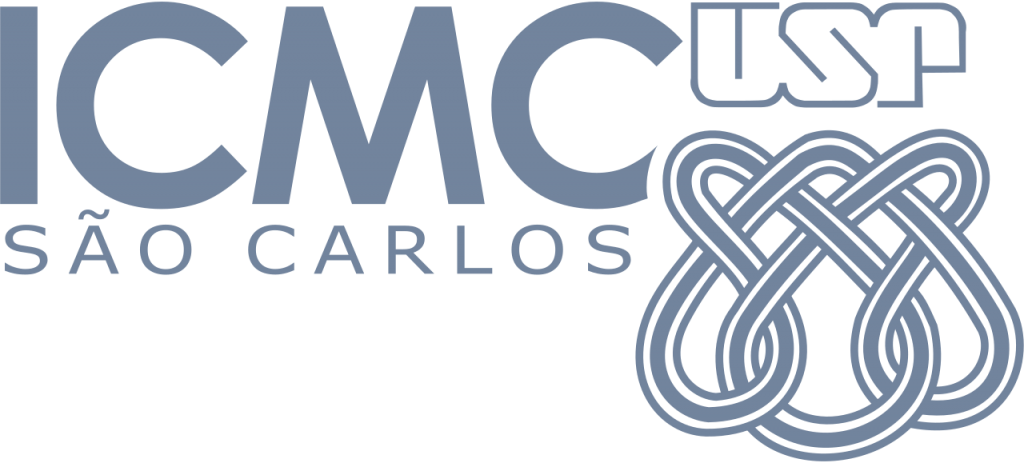
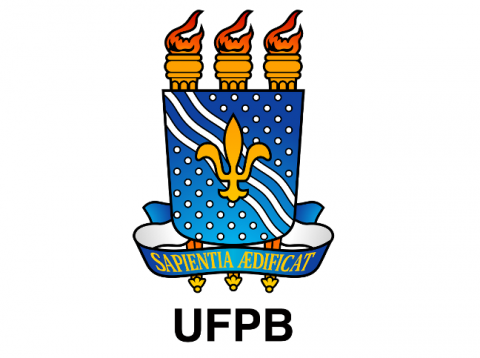
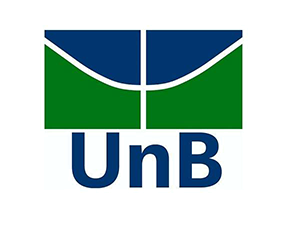
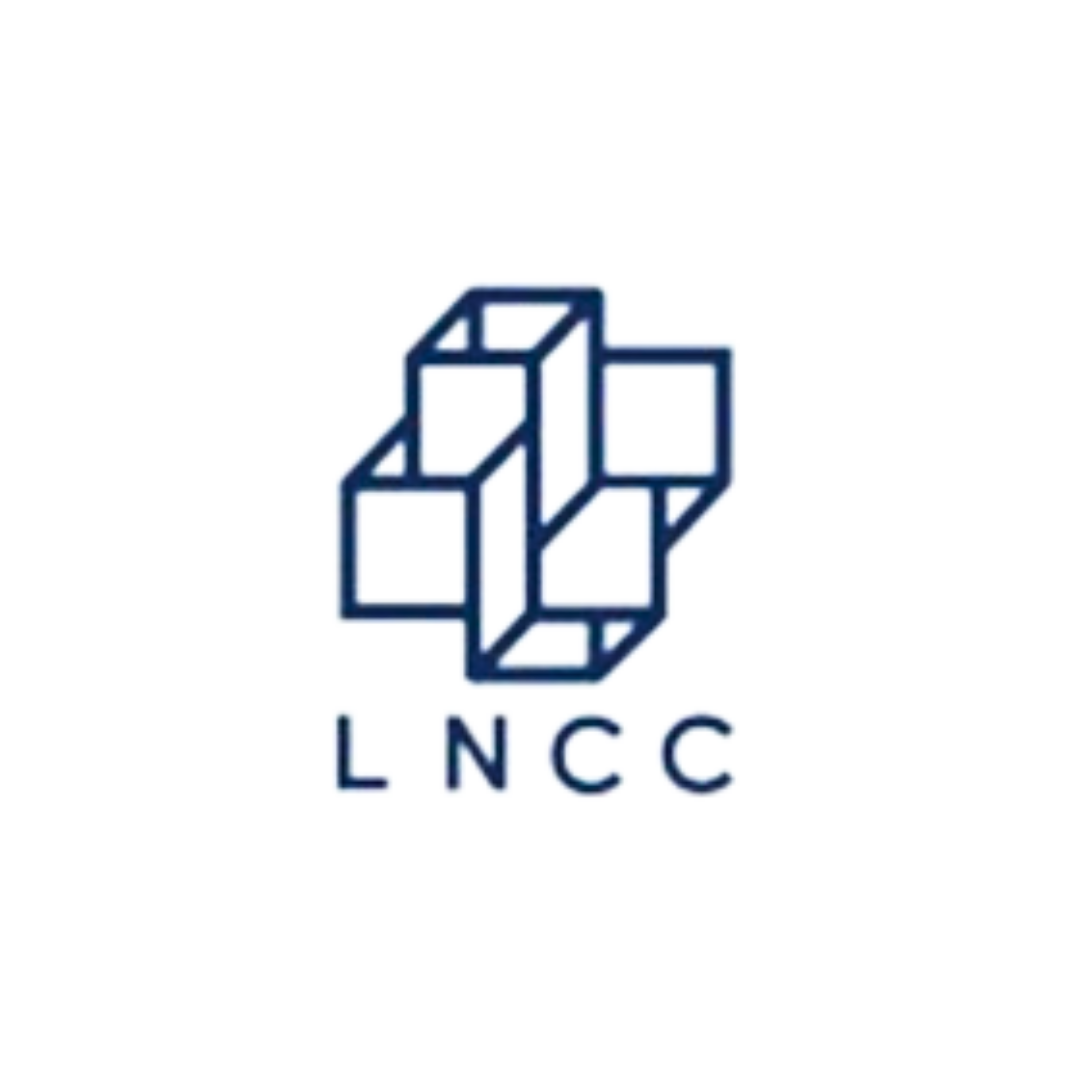
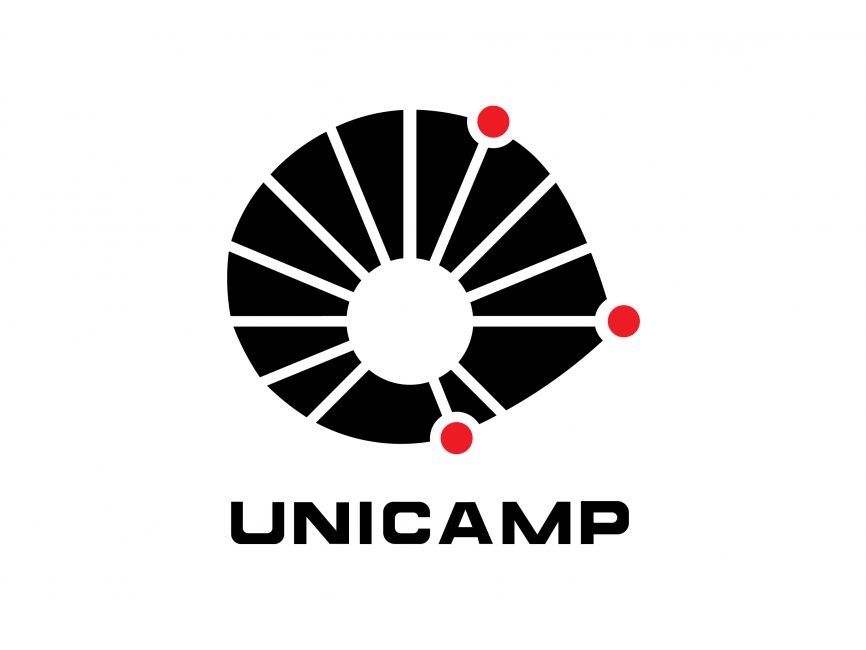
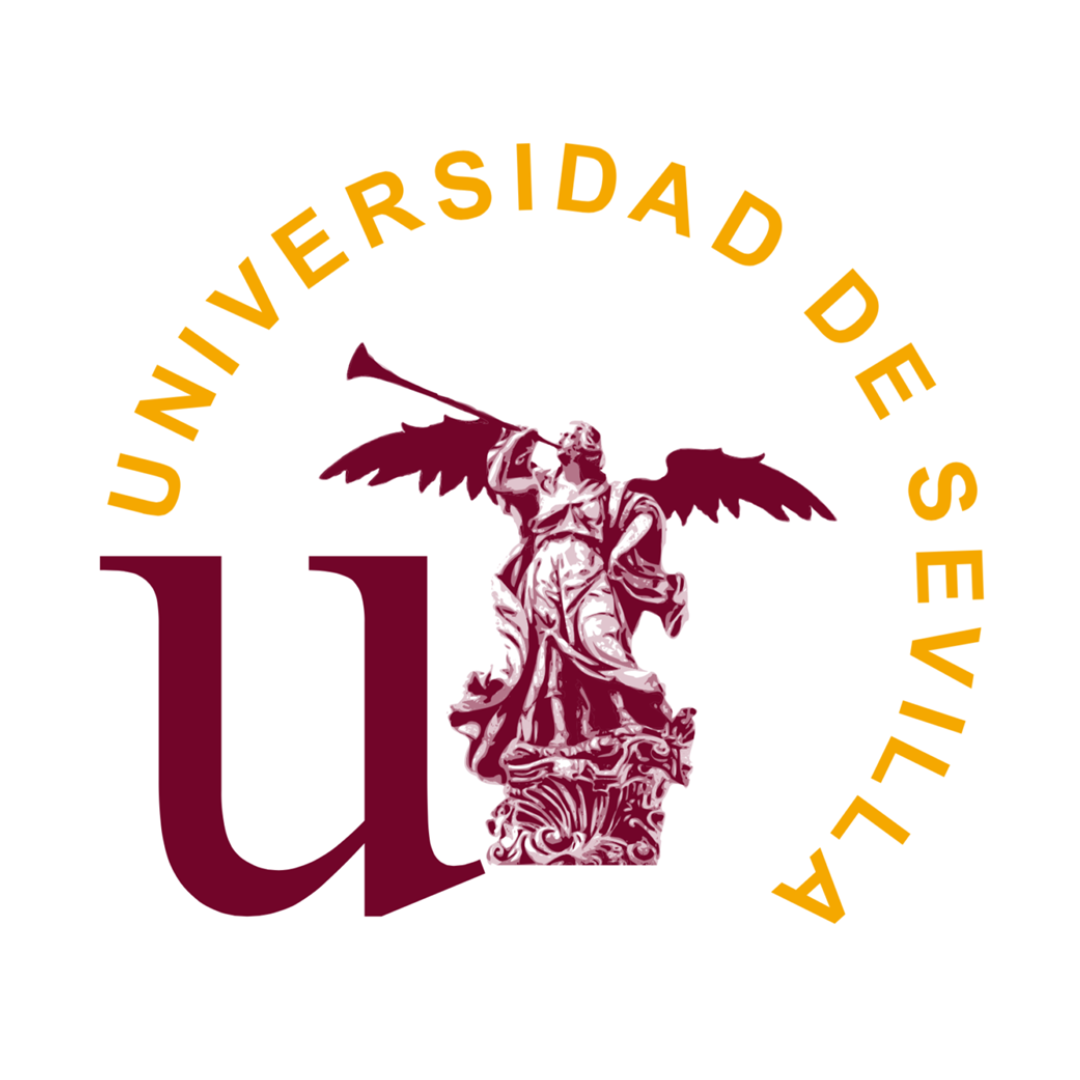
Access our channel!
A channel for students, professors, researchers and professionals who wish to deepen their knowledge in EDP and applied mathematics.

